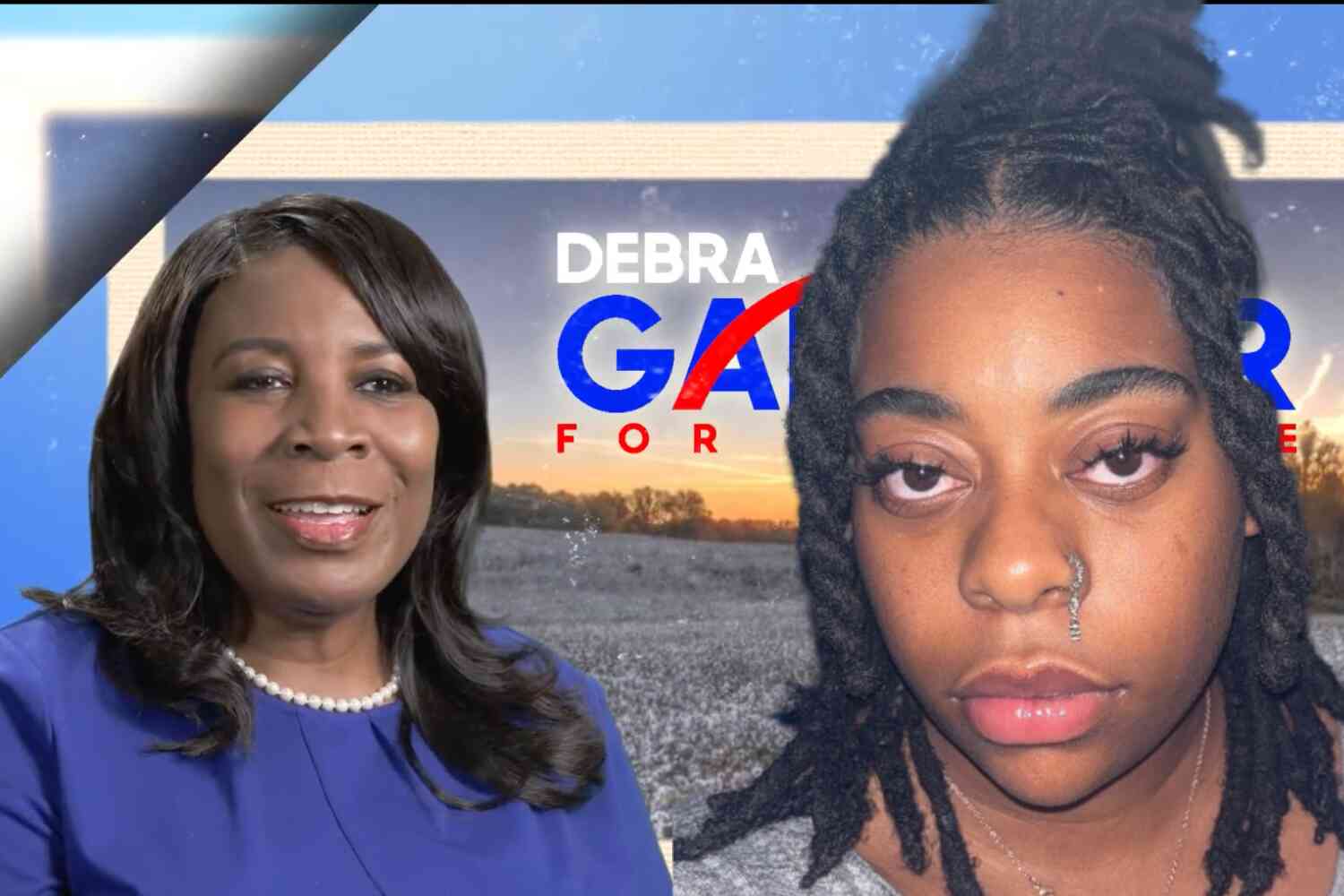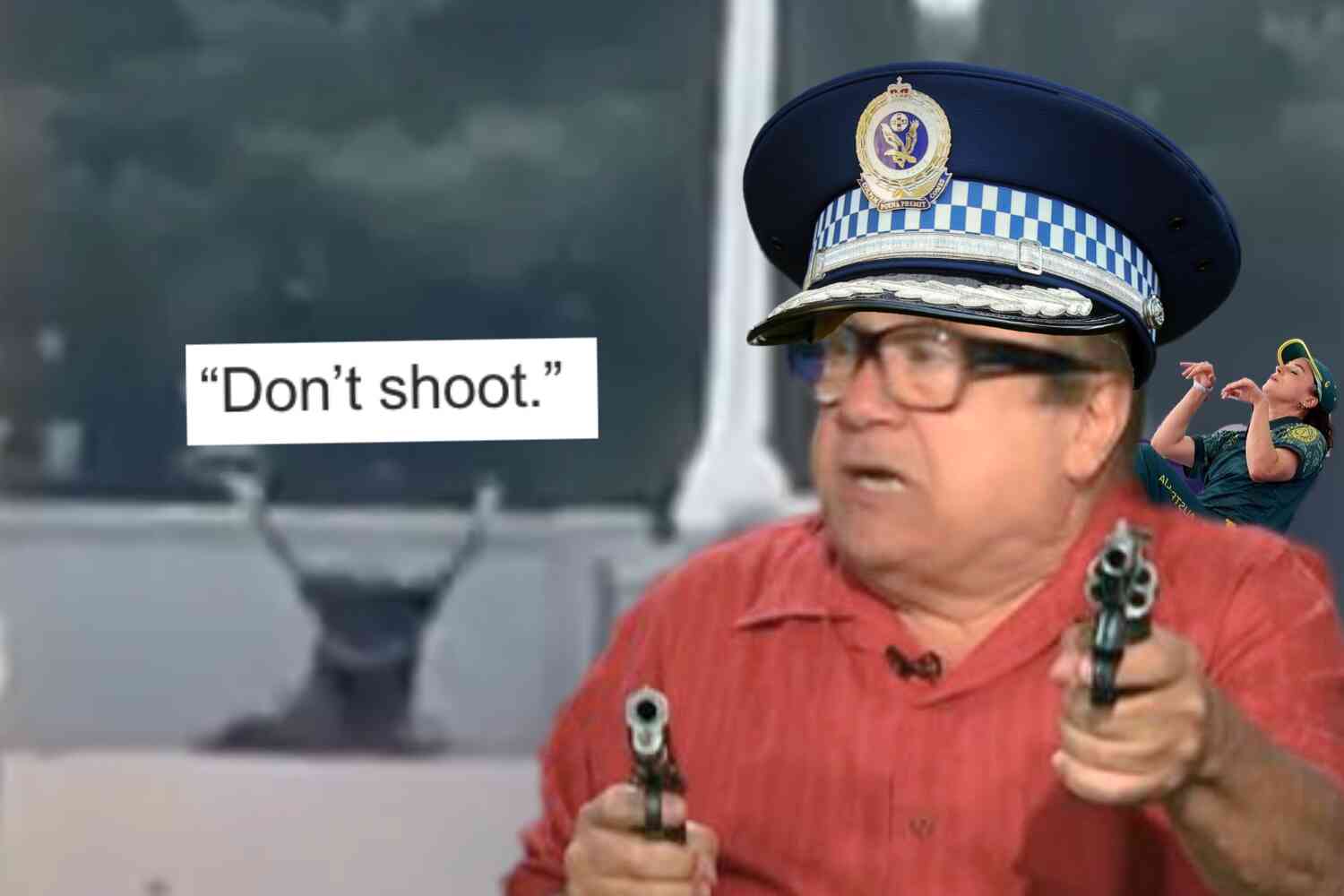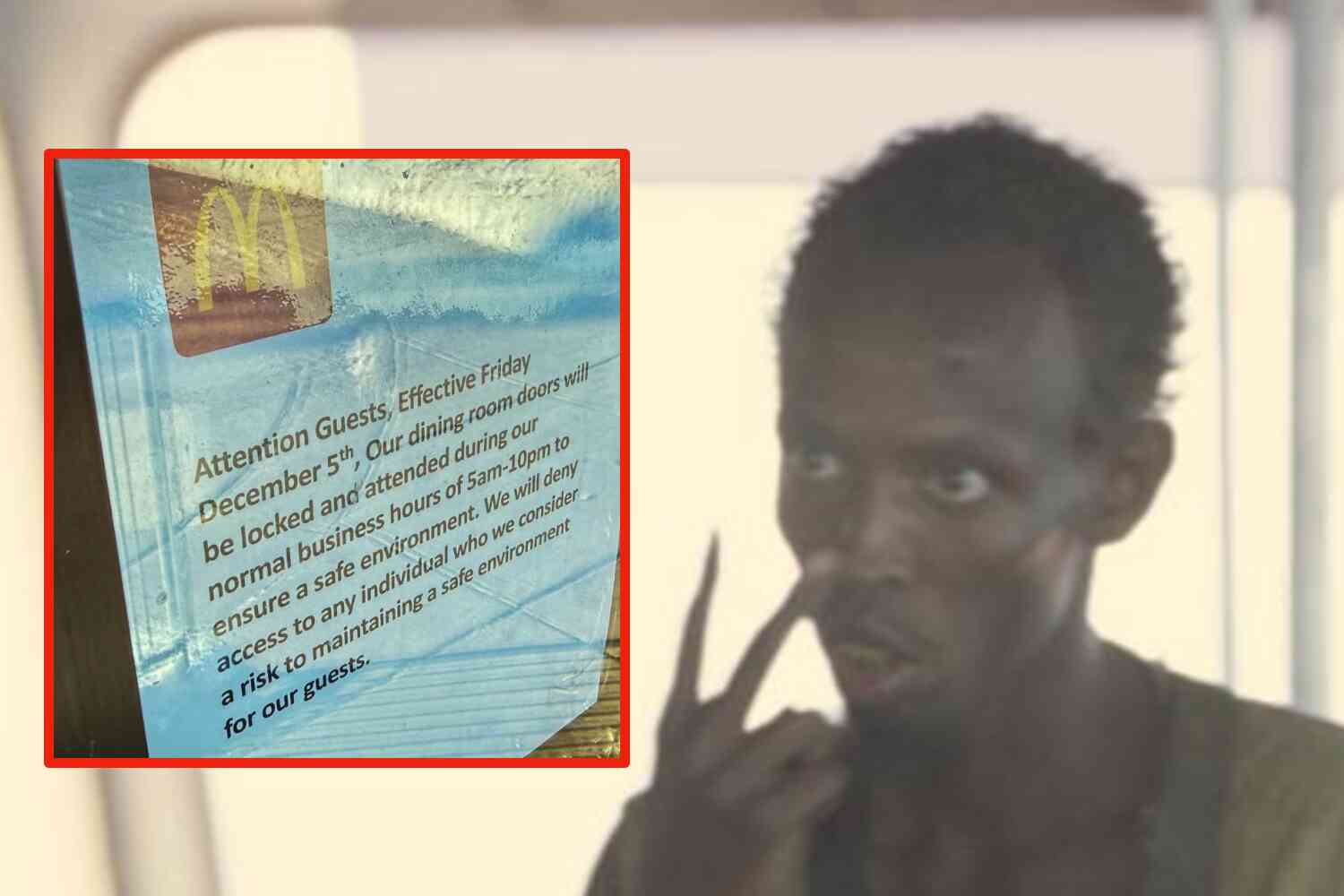Remember when I mentioned that the University of British Columbia had gone full woke?
I wasn't kidding.
Allow me to introduce you to "Privilege Walk: Variation 2," in which you fill out a "Privilege Walk Worksheet" by answering a series of questions the better to gauge your societal privilege and/or marginalization.
However, under no circumstances are you to assume that this will somehow provide you with a "score" regarding how privileged or marginalized you are.
"Before you begin, please note that the goal of this exercise is not to assess how privileged or marginalized you are in society."
Except for the part where you add up the numbers and get a score.
Let's take a look at the questionnaire.
There are a lot of questions you could ask someone regarding their place in society, and they admit up front that this is not meant to be comprehensive.
"Every piece of your experience may not be fully identified with either privilege or marginalization as described in this worksheet, but this exercise intends to serve you an opportunity to explore how different domains of your social identity shape your everyday experience."
And yet somehow, the questions they chose and the terms they defined, all but guarantee that middle-class white kids are going to be "privileged" and nearly everyone else relatively "marginalized."
Actually, as we will see, what they are interested in is shaming people for having grown up in a good family.
To truly understand what is going on here, we need to examine each question, one by one:
1. If you see a group of people, with whom you identify, widely represented in the media, check privilege.
The "group" of people with whom I identify is instinctively libertarian, thinks Miyazaki is a genius and enjoys both Elvis Costello and Barry Manilow. Not a whole bunch of those represented in the media.
Oh, wait, is that not how you want to define "group?"
2. If your native language is not English, check marginalization.
If you chose to come here, you are considered marginalized, which begs the question why you chose to come here.
3. If you were ever called names because of your background, check marginalization.
Most people would peg me as "a white guy" on the street, but I've been called names for both my ethnic background and my religion. Everyone has. Can I be a victim now?
4. If you have ever felt as though you were a feared, inferior, or unwanted member of society, check marginalization.
Permit me to reword this: "If you have ever been a teenager..."
5. If you [sic] parents were professionals (e.g., doctors, lawyers), check privilege.
No, my parents were neither doctors nor lawyers. Interesting question. Very few people had parents who were professionals in that sense. It makes you wonder if the people putting together these questions think all white people have doctors and lawyers for parents.
6. If you ever tried to change your appearance, mannerisms, or behavior to avoid being judged or ridiculed, or to gain more credibility, check marginalization.
See number 4 above.
7. If you are taught the culture and history of your ancestors in school, check privilege.
Actually, no. If you break down my specific ancestors, nope.
I'm becoming less white by the moment!
8. If you were raised witnessing violence, addiction to drugs or alcohol, prostitution, or crime, check marginalization.
Most of that, yep. It wasn't in my house, but it was present in the community.
It's not all Mayberry R.F.D. out there guys.
9. If you ever had to skip a meal or were hungry because there was not enough money to buy you food when you were growing up, check marginalization.
Fortunately, no, but we sure adjusted the content of our meals based on the money available.
10. If you were ever denied access to academics or jobs because of your background, check marginalization.
How would I know? Although it would not at all surprise me. Given the field I was in, lacking an Ivy League education was a big drawback. But that's not what they mean by "background."
11. If you were encouraged by your parents to attend college, check privilege.
Yes, I was encouraged to delay gratification for four years, borrowing money and busing tables, and studying hard to earn a degree.
Guilty!
12. If you were raised in a single-parent household, check marginalization.
My parents stayed together.
And it fills me with resentment.
Now.
I just started being filled with resentment now. Earlier I was pretty grateful for it.
13. If your family owned the house where you grew up, check privilege.
Owned? The bank held the deed. They allowed us to live in it as long as we kept giving them money every month.
14. If you can show affection for your romantic partner in public without fear or ridicule or violence, check privilege.
Were I to show affection for my romantic partner in public, she'd be the one to ridicule me. Does that count?
15. If you were ever offended by a joke or remark about people you identify with, but felt unsafe to confront the situation, check marginalization.
I'm never offended by anything. Interesting that that is not a choice. I certainly have been places where I felt unsafe due to the group with whom I identify.
16. If you felt or were told that you should work twice as hard as others to succeed in school or career because of your background, check marginalization.
Actually, yes. But again, that "background" was not based on race, but class. In fact, most of these questions are about class, and yet I don't believe that is what they are trying to get at here, not at all.
17. If you are the first person in your family to receive university education, check marginalization.
I was not. They got me there, clean! Privilege!
I would add up my score but I feel that would make me even stupider than I feel right now.
Incidentally, this was considered a "lower-risk activity" compared to Privilege Walk: Variation 1 which involves getting together in a group, standing shoulder to shoulder, and stepping forward for "privilege," and backward for "marginalization," which sounds not so much higher risk, as higher evil.
What is the purpose here other than divisiveness? Why are the groups, "race, class, ethnicity, ancestry, nationality, gender, sexual orientation, religion, and disability," primarily identity groups catered to by progressive politicians?
Why is it necessary to make people feel either guilty or oppressed?
Because individual problems can be addressed by individuals. Group problems usually require the intervention of the state.
It's always about power.









